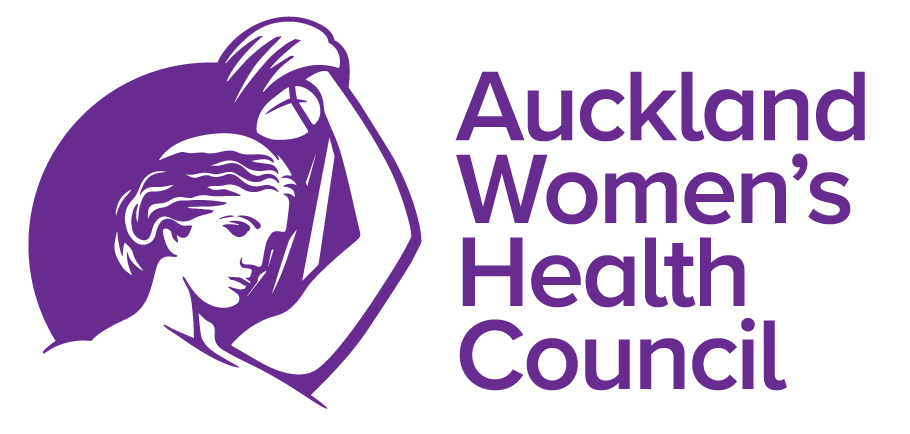The Causes and Prevention of Breast Cancer
On 4th March 2011 the University of Otago’s department of Preventative & Social Medicine celebrated 125 years Public Health Teaching and Research by hosting a symposium in Dunedin in honour of Professor Sir David Skegg. Lynda Williams attended the symposium and reports on the presentation given by Valerie Beral
Dame Valerie Beral, Professor of Epidemiology and Director of the Cancer Epidemiology Unit at the University of Oxford since 1998, is known for her leadership of the Million Women Study. Since it started in 1997, the Million Women Study has recruited more than 1.3 million UK women over 50 years of age via the National Health Service (NHS) breast screening centres. An incredible one in four UK women in the target age group are participating, making it the largest such study in the world.
Much of Professor Beral’s research focuses on the role of reproductive, hormonal and infectious agents in cancer, and she leads major international collaborative studies on breast, ovarian and endometrial cancer.
In August 2003 Professor Valerie Beral’s group published the landmark results showing that taking Hormone Replacement Therapy (HRT) increases a woman’s risk of developing breast cancer, and that an estimated 20,000 UK women aged 50-64 years may have developed the disease between 1993 and 2003 due to their use of HRT. The use of oestrogen before or after menopause increases the risk of breast cancer.
The publication of these findings resulted in a dramatic drop in the use of HRT. Over the following few years several countries began reporting a decrease in their rates of breast cancer. Professor Beral reported to those attending the symposium that over a dozen countries have now recorded a significant drop in the incidence of breast cancer among their population. In a recent finding from the Million Women Study reported in January 2011 the team found that women starting hormone therapy at the time of menopause were at greater risk of breast cancer than those starting it later.1
The presentation in Dunedin focused on the major factors responsible for the rising rates of breast cancer throughout the world. She listed five major factors that influence the risk of women developing breast cancer:
-
The age at which a woman has her first baby
-
The number of babies a woman has, with each additional birth reducing her risk of breast cancer by 5-10%
-
The time between each birth
-
Breastfeeding for many months – the longer a woman breastfeeds the lower her risk of breast cancer.
-
Incomplete pregnancies (miscarriage or abortion) have no effect
Thus the more children a woman has, the younger she is when she begins having them, and the longer she breastfeeds them (e.g. one to two years) the greater the reduction in her risk of getting breast cancer. The protective effect of one full-term birth takes longer than 10 years to disappear.
According to Professor Beral the incidence of breast cancer in developed countries would be more than halved if women had similar childbearing patterns to women in developing countries – having a first baby in early adulthood, having 5 – 6 children and breastfeeding them for two years.
Professor Beral reported on studies undertaken on women in rural and urban Africa that revealed that when urban African women adopted the childbearing patterns of women in developed countries, their rates of breast cancer increased rapidly to match those of women in the developed world.
It is the short-term exposure in early adulthood to the hormones oestrogen, progesterone and prolactin during a full-term pregnancy followed by a lengthy lactation period that provides life-long protection against breast cancer.
Incidence of Breast Cancer
In 2000 there were 1 million new cases of breast cancer.
In 2008 there were 1.4 million new cases of breast cancer.
In 2030 2 million new cases of breast cancer are expected.
Almost all the increase is in the developing countries as women from rural areas move to urban centres, have fewer children and start childbearing later.
The Minor Players
The other factors involved in the increasing rates of breast cancer are the age at the beginning of menstruation, the age at menopause, height, weight and the consumption of alcohol. Referring to the modifiable factors involved in the increase in the incidence of breast cancer in the UK, Professor Beral stated that the 50,000 new cases of breast cancer in the UK each year could be reduced to 40,000 if no women were obese and they drank no alcohol.
Genetic factors do not play a big part in the risk of breast cancer, as they need the impact of nutritional factors such as alcohol use and obesity before triggering any genetic factors that may then come into play, Professor Beral said.
